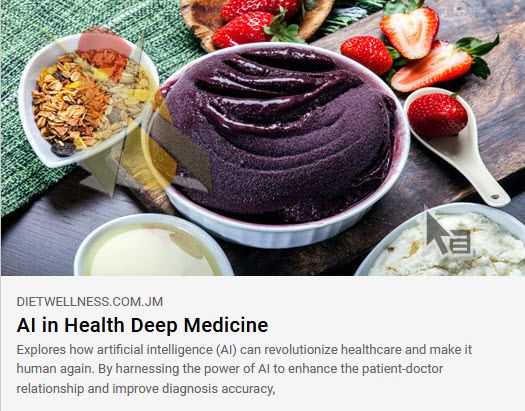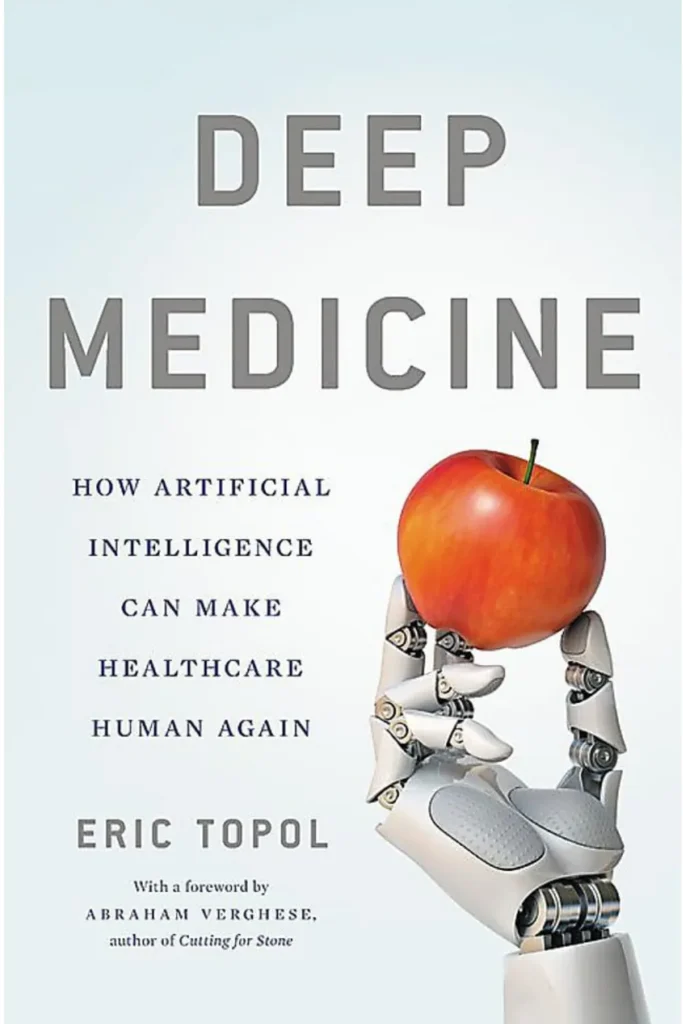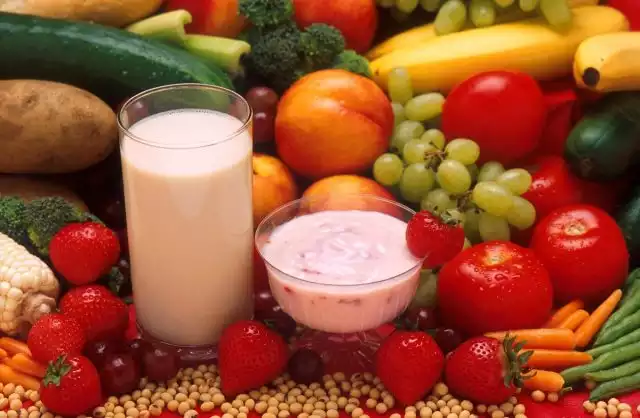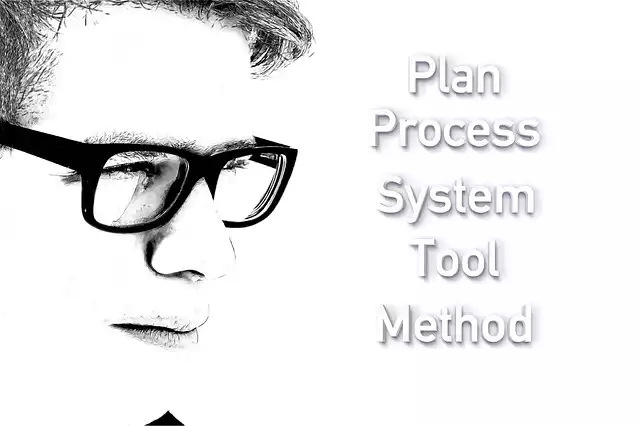AI Diet Management Strategies
AI Diet Planner: Use of AI to determine your diet plan
The world is getting increasingly aware of the impact of unhealthy eating habits on our lives.
People are now looking for ways to make healthier choices and adopt lifestyle changes to improve overall wellness.
This has led to the rise of a number of apps that help you track your dietary consumption and provide tips on how to eat well.
AI Diet Management is becoming a popular means of getting the right strategy to properly implement an effective regimen.
A study published in the journal Nutrition & Diabetes found that the use of artificial intelligence (AI) could help individuals develop personalized nutrition plans based on their current diet.
The researchers used data collected from over 2 million participants across multiple studies and developed an algorithm that uses machine learning and predictive analytics to identify patterns in behavior and predict future outcomes.
They then applied this model to the data from the National Health and Nutrition Examination Survey (NHANES), which is conducted every five years by the Centers for Disease Control and Prevention (CDC).
The results showed that the tool could accurately classify individuals into four different groups according to their dietary pattern.
These included those who follow a healthy diet, those who regularly skip meals, those who eat too much junk food, and those who do not adhere to any particular diet.
While the app does not recommend a specific diet plan, it provides insights about what foods you should avoid and suggests recipes that align with your preferences.
Table of Contents AI Diet Management Strategies
AI in Diet Management
Artificial Intelligence (AI) is increasing its part in every area of human life.
From the medical sector to education, it is making remarkable changes in the way humans live.
In the food industry, AI is being implemented in different ways.
This includes prediction of the effect of flavors on the final product, use of robots in mega food processing units, etc.
The food industry is one of the most important sectors of the economy.
Food plays a vital role in maintaining good health and well-being.
People eat food because they want to satisfy their hunger and taste buds.
They also eat food to maintain their body weight and shape.
With the growing population, there is a constant demand for food across the globe.
However, due to the rising prices of food items, people are now trying to reduce the consumption of processed foods.
As a result, the food industry is facing immense pressure to improve the quality of food products while reducing production costs.
To address these challenges, scientists are working in this field.
One such example is the work done by researchers at the Weizmann Institute in Israel.
Researchers have developed an algorithm that helps individuals follow a healthy diet according to their metabolic characteristics.
This research was published in the journal Nature Communications.
AI-Based Diet Planners Working model
The concept of AI-based dieting was introduced in 2016 by a team of researchers led by Dr.
Jyoti Shah from University of California San Diego.
They came up with a model that used artificial intelligence to help individuals follow a healthy diet.
This model is based on the experiences of nutritionists, who had been working with patients for decades to understand how food affects one’s body.
This model works by analyzing a variety of factors including age, gender, height, weight, metabolic rates, genetic information, etc.
Once the data is collected, the system analyses it and creates a customized diet plan for each individual.
These plans are based on the latest research studies and recommendations from experts in the field.
In addition to providing personalized diets, the system also provides tips to improve overall health.
In fact, the team found that the AI-based diet planning software outperformed human nutritionists in terms of accuracy.
AI-Based online Platforms
The rise of artificial intelligence (AI)-powered applications in the field of nutrition and dieting is nothing short of phenomenal.
These tools are used to plan meals, track calories, and even identify what foods you might want to eat.
They use machine learning to analyze data about dietary habits and preferences, and come up with recommendations that suit your lifestyle.
In fact, many of these tools let you customize your meal plans based on your personal health goals.
Here are five popular AI-powered platforms that can help you figure out how to eat better:
CalorieKing
Harnessing the power of AI-based online platforms, CalorieKing emerges as a cutting-edge solution in the realm of diet management.
This sophisticated platform leverages artificial intelligence to offer personalized dietary recommendations, transcending traditional one-size-fits-all advice.
Here, each user’s unique dietary needs and preferences are meticulously analyzed by AI algorithms, offering tailored meal plans that not only aim at weight control but also enhance overall well-being.
Moreover, CalorieKing’s AI capabilities extend beyond mere meal planning.
The platform actively learns from users’ interactions, adjusting recommendations based on real-time feedback and nutritional advancements.
This dynamic approach ensures that diet management is not just about counting calories; it’s about nurturing a healthy relationship with food through informed choices.
In essence, CalorieKing redefines dieting from a mundane task to an engaging journey towards healthful living, propelled by the intelligence and adaptability of AI.
DietBetting
With DietBetting, you can bet money on whether certain foods will make you lose weight faster or slower.
If you win, you get paid; if you lose, you don’t pay anything.
This system lets you pick one of three diets — low carb, keto, or intermittent fasting — and it gives you a personalized plan to follow.
MyFitnessPal
MyFitnessPal is another great tool that uses AI to provide personalized fitness advice.
The platform tracks all your nutritional needs and suggests which foods you should be consuming more of.
It also keeps track of your exercise routine so that you can see how far you’ve progressed over time.
NutriBullet
NutriBullet is a blender that uses AI to create delicious smoothies andshakes.
The device comes with an intuitive interface that allows users to enter their favorite fruits, vegetables, nuts, seeds, and other ingredients into the system.
Then, it automatically mixes them together to form a nutritious drink.
ZestFinder
ZestFinder is a smartphone app that helps you find healthier restaurants near you.
It scans menus for unhealthy items like fried foods, sugary drinks, and deep-fried food options.
Afterward, it compares those menu items against its database of thousands of healthy restaurant choices.
These apps aren’t just limited to smartphones, either.
Many of them have desktop versions as well.
For example, CalorieKing has a web version that’s available at www.
Calorieking.com.
Fooducate
Fooducate is a website that offers a free mobile app that can help you manage your diet.
The app features a library of more than 2 million recipes from top chefs and cooking experts.
You can search by cuisine, ingredient, diet type, or mood, then browse through hundreds of different dishes.
MealPlanIt
MealPlanIt is a website that makes creating customized meal plans easy.
Simply log in to the site using your Facebook account, select your preferred diet, and add any allergies or restrictions you may have.
Next, it will give you a list of recipes that fit within your guidelines.
Numi
Numi is a digital kitchen scale that helps people achieve optimal wellness by tracking their macronutrient intake.
Using an algorithm, this tool calculates your ideal ratioof carbs, proteins, fats, and calories, then provides detailed nutritional information about what you’re eating.
FitGenie
FitGenie is a user friendly app that relies on artificial intelligence to help people eat better.
Using machine learning technology, the app analyzes users’ dietary patterns and generates personalized suggestions to help them achieve their weight loss goals.
The app begins with an initial questionnaire that asks users to answer nine questions about themselves, such as gender, body features, food preferences, body mass index, lifestyle, and health goals.
Based on the information gathered, the app provides a weekly diet plan along with a detailed breakdown of the recommended foods, serving sizes, and macros.
Users are given the option to set personal goals and receive daily reminders to keep track of their progress.
Once the goal is met, the app sends motivational messages to encourage users to continue their healthy eating habits.
People like the idea of having access to a tool that recommends healthy meals and snacks and keeps track of what they’ve eaten throughout the day.
They also appreciate how easy it is to use and understand.








